PLAGIARISM CHECKING & REMOVAL

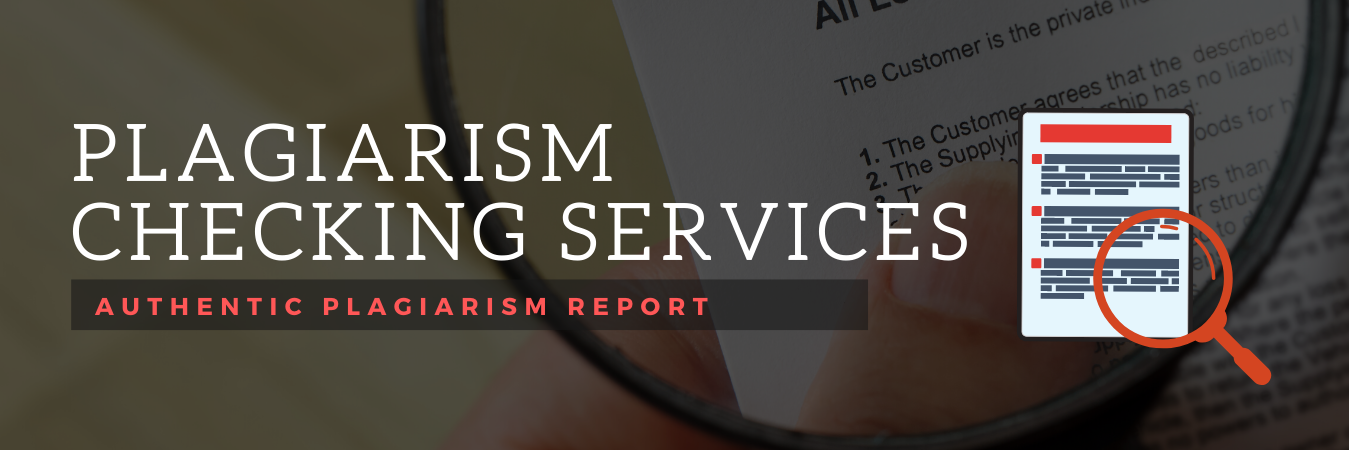
It is not possible to write research papers without reading different sources, such as journals, blogs and books. Often you can end up stating any facts from these sources without giving them a proper citation or referencing it in the wrong way.
Plagiarism is to use someone else's text without attribution, whether you intend to do so or not. Just a
sentence or two of accidental plagiarism may have serious consequences. It is difficult not to take
suggestions from a site or some other author when writing the 'Research Article.' Universities
recommend any guidance for the paper's citation. Manuscripts with unintentional instances of
plagiarism may result in lack of time and difficulty with the English language. Journals regard these
instances as a breach of ethical principles of publishing, which sometimes contribute to rejection. They
harm the image and credibility of an author as a researcher too. University specifically forbids plagiarism
of any type in the research article. Because there's no precise way to make sure that no one has done
the same thing you've been dreaming of doing in your study, students accidentally fall into the
plagiarism pit.
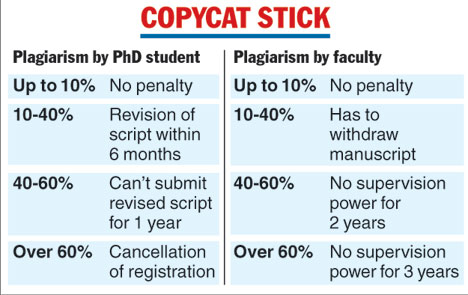
Our professional staff carefully checks the text, and eliminates plagiarized material by paraphrasing / rewriting it in their own terms. They familiarize themselves with various plagiarism situations. There are a range of methods for detecting plagiarism that can be used to evaluate content and determine if there are any signs of plagiarism. We use Turnitin, a widely trusted plagiarism checker, to ensure that there is no plagiarized material in your reports / essays / assignments you are about to send. The entire process is comprehensive where we carry out several tests before producing a document free of plagiarism. We also let you know similar phrases and sentences, as well as unsuitable quotes, so you can fix them all by paraphrasing or writing freshly.
Place your hopes up & never look back because of plagiarism on your path of producing Research Paper. Instead, opt for the best “Plagiarism Checking & Removal Services by Bharat Publication" to succeed. Get all the awards and encouraging responses from your Colleagues & Professors because you deserve them.
PLAGIARISM GUIDELINES
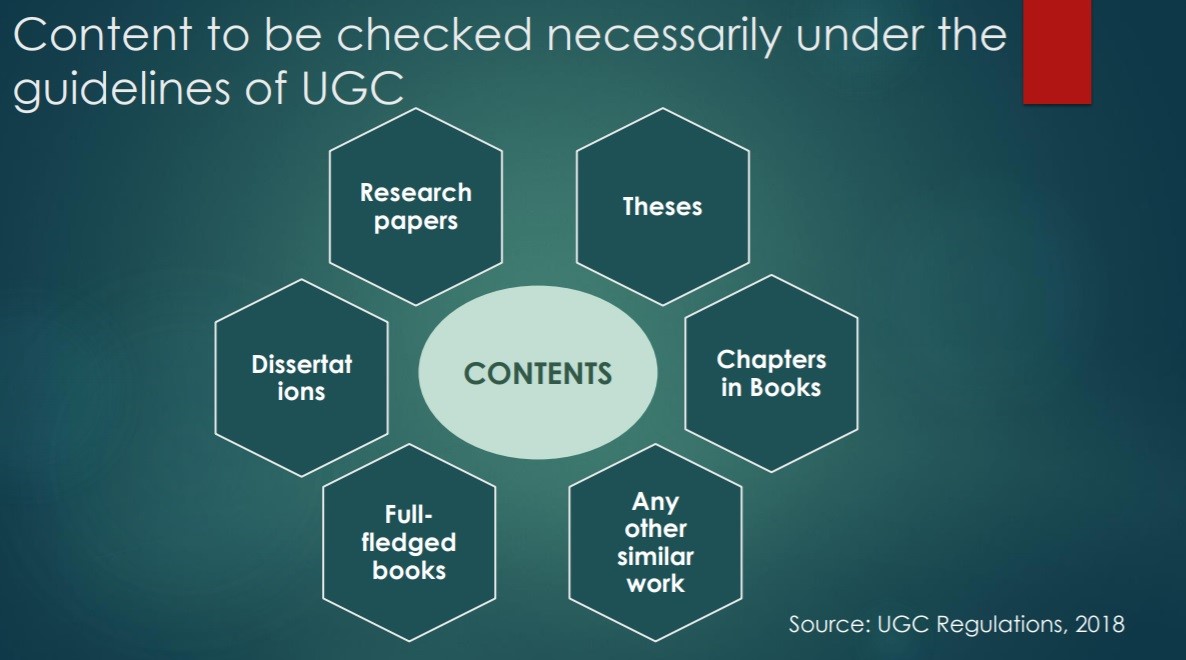
The minor and major project reports of PG and UG students will be accepted for submission, if the similarity index is less than 10 percentage. When the similarity index exceeds the required percentage, students are instructed to adjust and re-submit the report's soft copy before the similarity index is lowered below the required percentage. Recently UGC has released guidelines to eliminate plagiarism activities for universities.
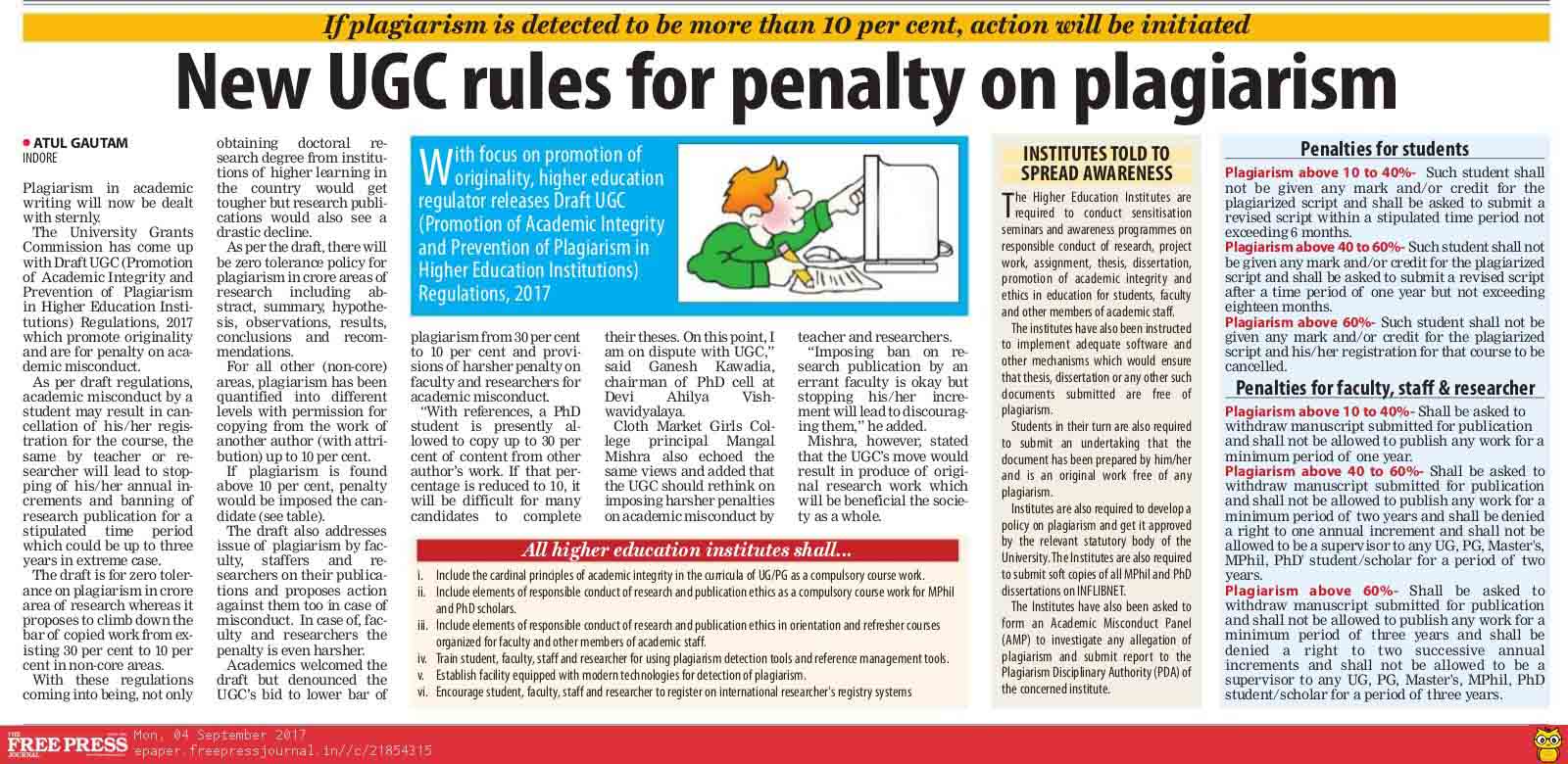
For More Details UGC Guideline Download Here
Public Notice by UGC regarding : Self-Plagiarism Download Here
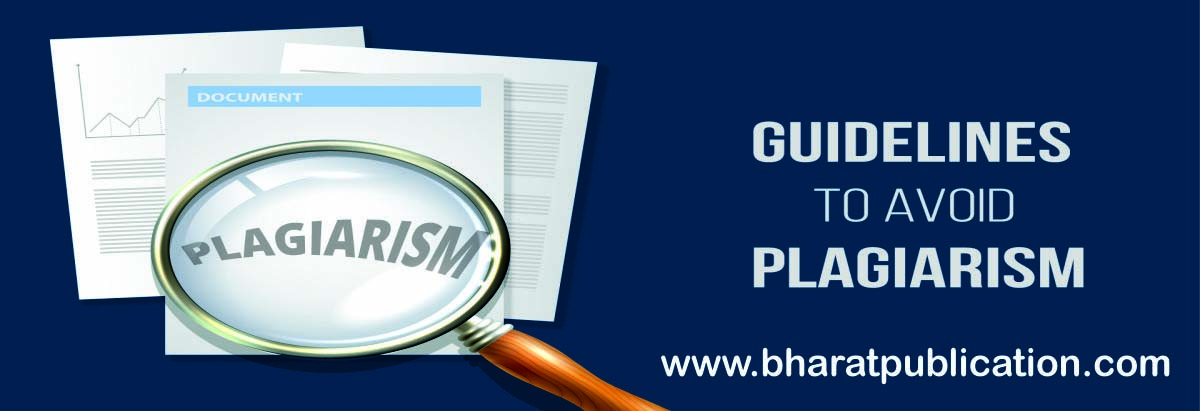
Originality checking helps educators to test students' research for unsuitable citation or possible plagiarism by comparing it to constantly updated databases. Through originality report gives instructors the opportunity to teach proper citation methods for their students as well as to safeguard the intellectual integrity of their institution. Here are a few simple steps to write a content free of plagiarism:
- Read the research paper thoroughly and try to emulate that idea in your own words. Don't copy more than 2 words from the text you've read.
- Effectively use the citations to reduce plagiarism.
- Use quotes as they appear in the article after you have taken material from some other article.
- Include a reference page at the end of the research paper to show all citations.
- To stop self-plagiarism, quote your own stuff.
- Use of online plagiarism checker software.
- Review your research paper extensively to test plagiarism before submission.
Paid Plagiarism Checking tools are ranked higher than the free tools, specifically for research papers and writings. There are several blogs with detailed internal inspections. Effective solution for plagiarized content is provided in the paid software, and advanced features are also available. With the plagiarism checker we will help you yield better results.

- Certainly, our information material is unique and original in nature.
- Moreover, It helps to the prevailing frontiers of knowledge. Hence, our developers have technique in selecting creative tools.
- Similarly, we tend to give our customers original material.
- We do plagiarism screening of Research Paper and Ph.D. services materials.
- Definitely, it tests whether material is being tracked or not. Precisely, we give students the highest standard of paper writing analytics services.
- It verifies the use of comparable words of nature, as a matter of reality. As well as material employed inside the environment by previous researchers. Our intellectual writers understand the points you desire to state, read the resources in question and then rewrite them using original words. We don't just use some mechanical tools to paraphrase the text but do a thorough overhaul without changing the meaning of your content.
- This check should therefore be only 100 per cent once the content has been completed.
- It shows, in essence, the uniqueness of the material and the scholar will also be satisfied with the analytical contributions made therefrom.
- Using the appropriate citation style and format, we insert the required citations in your document at the correct places. If you have requested that your organization adopt a particular professional format, then you can let us know before we start processing your work. Therefore, without proper citation, we make sure that no information, concept, or quote goes into your paper. In your bibliography, we make the required corrections, as well as citations in text.
We clean your document through these steps, and free it from plagiarism.

HOW TO CHECK FOR PLAGIARISM

